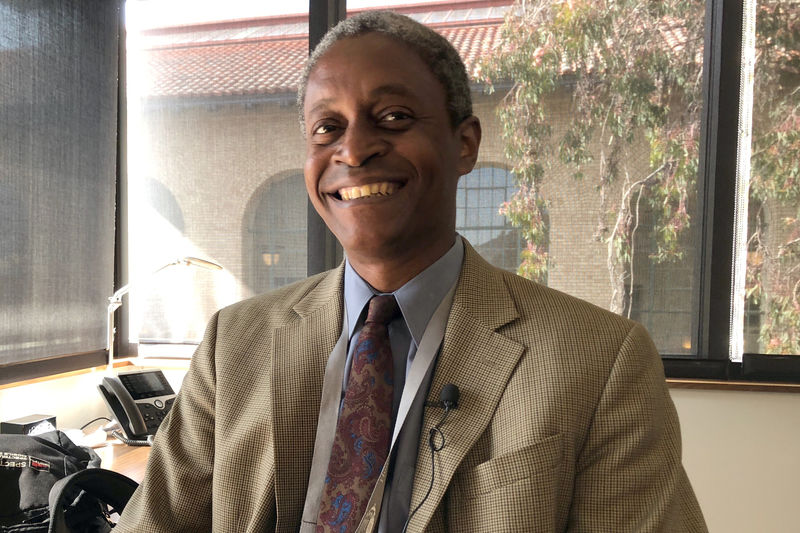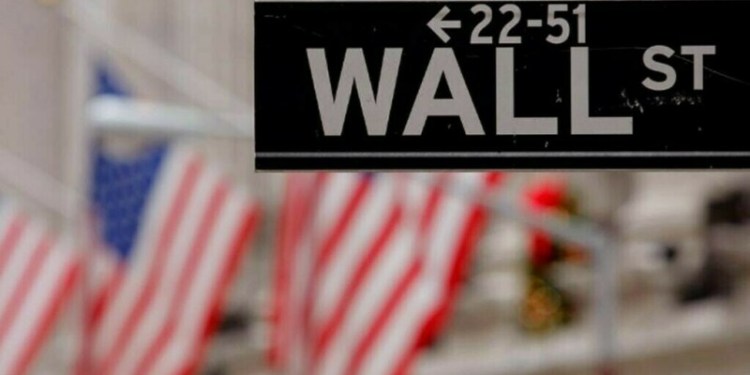 © Reuters. Atlanta Federal Reserve Bank President, Bostic speaks with Reuters in Stanford
© Reuters. Atlanta Federal Reserve Bank President, Bostic speaks with Reuters in StanfordBy Howard Schneider
SAVANNAH, Ga. (Reuters) – Uncertainty over President Donald Trump’s trade policies is the “most obvious risk” facing the U.S. economy and may be prompting businesses to hold back on investment, Atlanta Fed President Raphael Bostic said on Wednesday.
In one of the sharpest Fed critiques yet of White House trade tactics, Bostic said conversations with business officials in his southern district have raised the possibility that delayed investment because of trade risks may undercut the hoped-for effect of the recent corporate tax cuts.
Stronger economic growth anticipated from those tax reductions was premised in part on higher business investment.
But “swelling optimism over tax policy in the beginning of the year has now been replaced almost completely by uncertainty regarding the proposed tariffs and the possibility of a trade war,” Bostic said in remarks to the Jacksonville World Affairs Council. “I come away with the sense that for now, many firms may be responding to increased uncertainty by moving to the sidelines with respect to new cap-ex plans.”
He said it also does not appear consumers are boosting spending dramatically because of the recent income tax cut.
Bostic said he still sees the economy growing above potential for now, and has recently said rates should rise two more times this year. Inflation is near its target and labor markets are tight, though not “overheated.”
He said inflation may well breach the Fed’s two percent target and stay there “for a while,” something that would not be seen as an urgent problem given the long period inflation was below that level, Bostic said.
But price pressures may be building, Bostic said. Recent surveys among business reported price pressures rising, and some firms saying they are now able to maintain profit margins by raising prices, a rekindling of pricing power felt to be absent in recent years.
That appears particularly true for firms exposed to potential tariffs, Bostic said, another among the fallout consequences of rising trade tensions.
In a new approach to trade, “the question is always whether policymakers…can intervene with enough precision, to make matters better by acting. We all have heard the phrase “unintended consequences,” and we understand the potential for action to leave the situation worse,” he said.
Fusion Media or anyone involved with Fusion Media will not accept any liability for loss or damage as a result of reliance on the information including data, quotes, charts and buy/sell signals contained within this website. Please be fully informed regarding the risks and costs associated with trading the financial markets, it is one of the riskiest investment forms possible.
Source: Investing.com


























